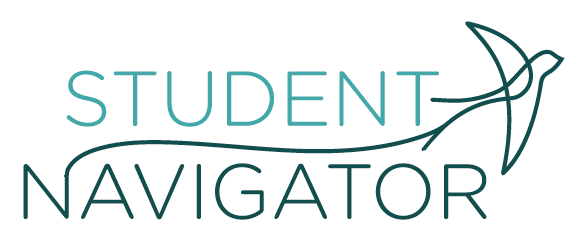There are forty four medical schools in the UK. They are all unique. Some, like Edinburgh, are old, established and world famous, while others, such as Edge Hill, are brand new and hardly known. Some, like Swansea and Warwick, are graduate entry only, while others, like Liverpool, offer foundation Medicine entry. So, when applying for medicine – what do you need to know?
Applying for medicine remains exceptionally competitive. Every year thousands of very able students with excellent applications fail to secure entry and are left deciding whether to accept an alternative route or take a year out and re-apply.
Due to the fact that there are differences between what each medical school is looking for means that you should do your research and choose courses that work to your strengths. You only get four choices for medicine, so choose wisely. In this post we guide you through applying for medicine – showing you what you need to know
Applying for Medicine – what you need to know.
- GCSE results – You require a strong set of GCSE results. They don’t need to be straight 8s and 9s but there are a few areas to look out for like most requiring a Level 6 in English Language and Maths. Some are looking for exceptional GCSE grades (7s and above) while others require 5s and 6s.
- Re-sits – If you have a re-sit, be careful where you apply, because some institutions do not recognise the re-sit grade while others accept it.
- A level subjects – Generally having Biology and Chemistry at A level will satisfy almost all courses; Edinburgh has recently stipulated Maths A level, but it is the only one. However, if you do not have both Chemistry and Biology, there are some courses that don’t specify Biology and a few that don’t require Chemistry. As for the third subject, most students do choose Maths with the next most popular third subject being Physics, but it doesn’t have to be a science. Choose the subject that you are going to enjoy and do best in: a foreign language, History , Psychology, Religious Studies or English Literature? The vital part is that you achieve an A in it, as most, but not all, require a minimum of three A grades.
- UCAT or BMAT – These are the required admissions tests. Next to your academic qualifications, the result in one of these is probably the most important factor in determining your success in securing an interview. Most medical schools require the UCAT and a minority the BMAT. The tests require practice and preparation. The UCAT is sat before the application deadline (15th October), allowing you to base your choices on the result. The BMAT result is not known until after the application deadline. How medical schools use the results of the admission tests vary when deciding who to invite for interview. Some will only interview students who have performed exceptionally, while others consider a range of factors when deciding who to interview. The better your performance in these tests, the more options you have. Do your homework and carefully examine the medical school websites, and other admissions websites, to find the criteria for how they use the results of the tests. www.medify.co.uk is a website that offers advice and practice for both the UCAT and BMAT.
- Work Experience – Securing a range of work experience in primary care and secondary care settings is beneficial and provides you with material to use for your personal statement and in your interviews. However, medical schools recognise that with the pandemic, work experience has been difficult to obtain. They are instead wanting prospective students to have had opportunities and experiences where initiative, problem solving, interest and compassion can be demonstrated. Volunteering for a charity, in a care home or helping in the community can sometimes be the best source of experience.
- Other qualifications – An EPQ (Extended Project Qualification) is useful as it is a research project of your choice and can demonstrate your interest in medicine. However, only three A levels are required.
- Personal statement – Some take it into consideration when selecting for interview, while others refer to it in the interview. It does provide you with an opportunity to showcase your experience, interest and passion for studying medicine. It is important to spend time on it and get it to as good a standard as possible.
- Interview – Securing an interview is an achievement in itself. Research what type of questions they will ask and practise with a couple of run throughs, preparing answers to the various types of questions you will be asked.
Being successful in securing a place in medical school is an achievement. However, if you are not successful, there are alternative routes into medicine. You can re-apply, apply for a foundation course or study a related course and then apply for graduate entry.
At www.studentnavigator.co.uk we can support and guide your medicine application and help you to choose the courses that match your application as well as provide practice interviews. Please contact us to see how we can help you.

